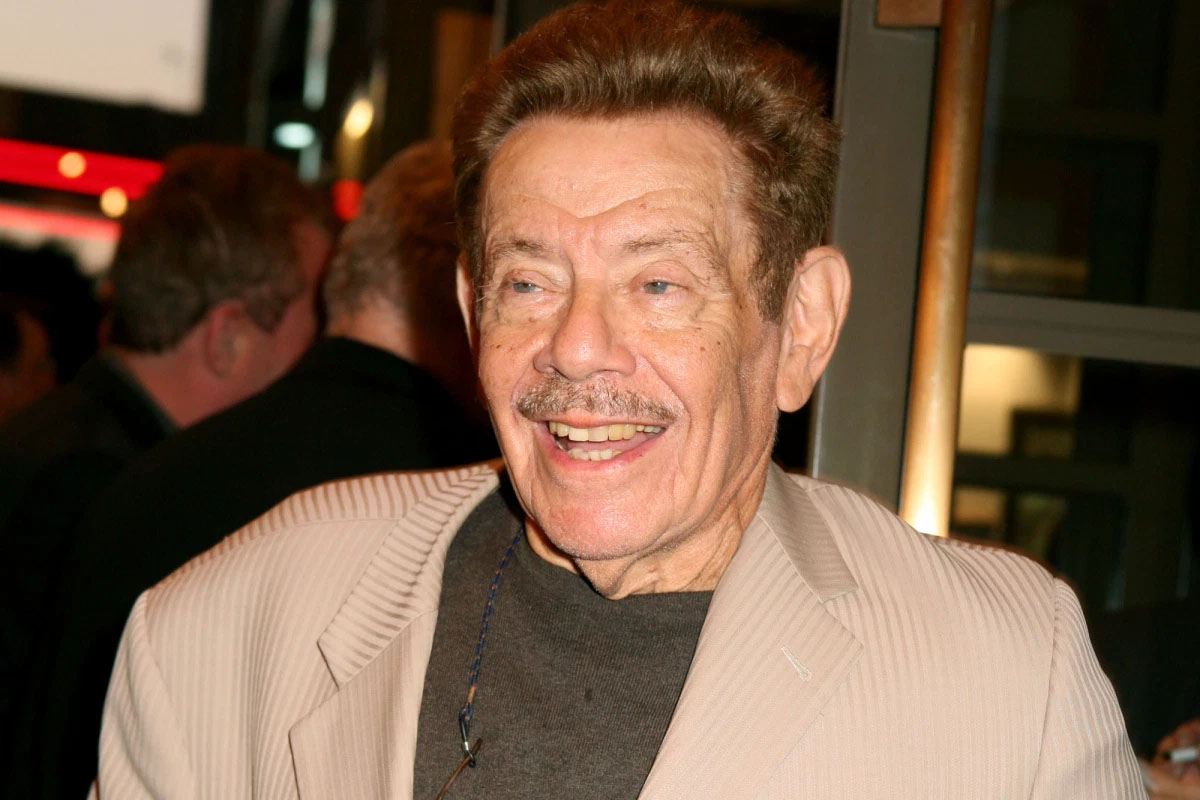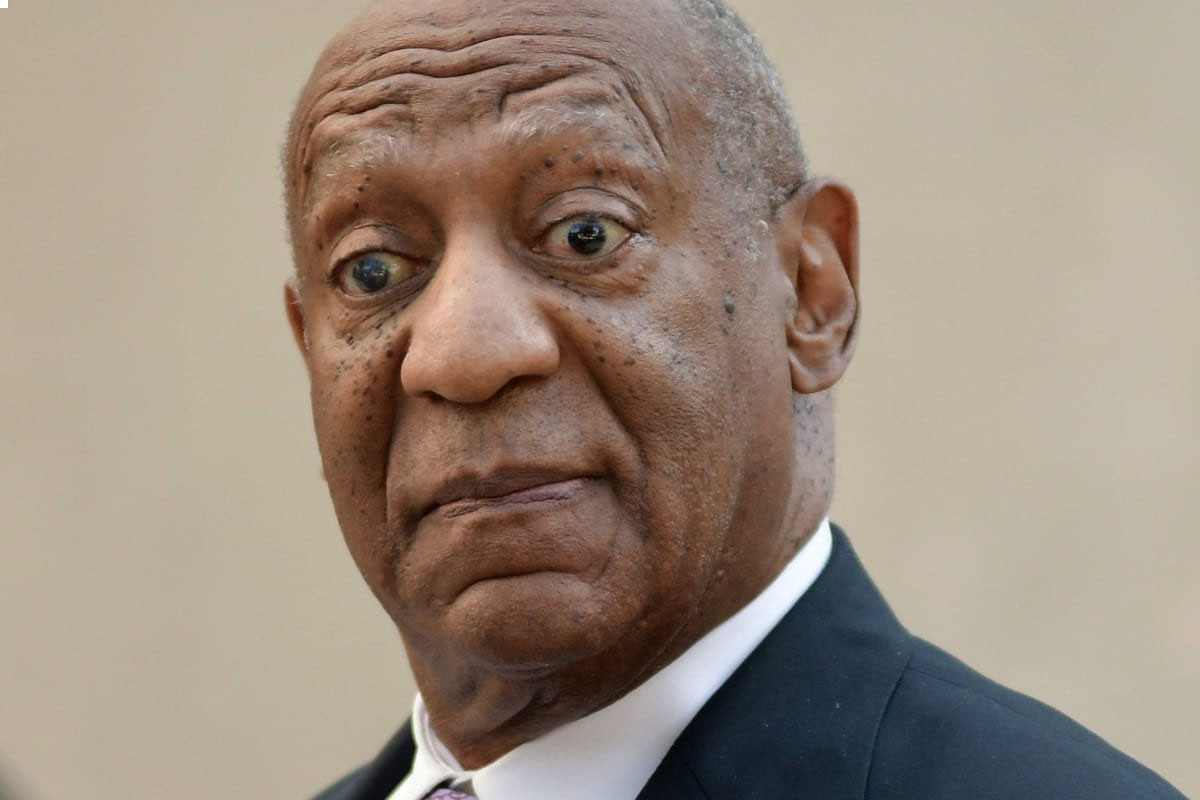Jerry Stiller, the beloved comedy legend who starred in “Seinfeld” and “The King of Queens,” has died, his son, Ben Sti...
Jerry Stiller, the beloved comedy legend who starred in “Seinfeld” and “The King of Queens,” has died, his son, Ben Stiller, announced Monday.
He was 92. “I’m sad to say that my father, Jerry Stiller, passed away from natural causes,” Ben tweeted early Monday.
“He was a great dad and grandfather, and the most dedicated husband to Anne for about 62 years. He will be greatly missed. Love you Dad.”

Stiller had launched his career in the 1950s opposite his wife, Anne Meara, who also starred alongside him in many of his most memorable on-screen moments before her death at 85 in May 2015. Even in early photos of young Stiller, the icon sported his signature mustache and shock of reddish curls.
Besides “There’s Something About Mary” star Ben, the couple had a daughter, Amy, an actress, raising the family in their longtime home on Manhattan’s Upper West Side.
The son of a bus driver and a housewife, Stiller grew up in Depression-era Brooklyn, earning a drama degree at Syracuse University after serving in World War II.

He then headed back to the Big Apple to launch his career — which really took off after he met Meara in spring 1953 and they got married that fall.
They used their obvious differences — he a short, stocky Jewish guy from Brooklyn, she a tall Irish Catholic from the Long Island suburbs — in a routine that took them to “The Ed Sullivan Show” 36 times.
“That was Jerry’s idea, to use and plumb the depths of our backgrounds, exaggerate them and have the two differences of the Jewish and the gentile,” Meara said during a 2005 Archive of American Television sit-down with her husband.
The couple went on to appear as a team in dozens of film, stage and television productions, including the 1995 off-Broadway show “After-Play,” written by Meara.
Despite appearing in numerous hit movies, Stiller is best known for his star turns in TV comedy classics — starting in 1993 when he joined “Seinfeld” as the hysterically high-strung Frank Costanza.
Although a supporting player, he created some of the Emmy-winning show’s most enduring moments and earned a 1997 Emmy nomination.

